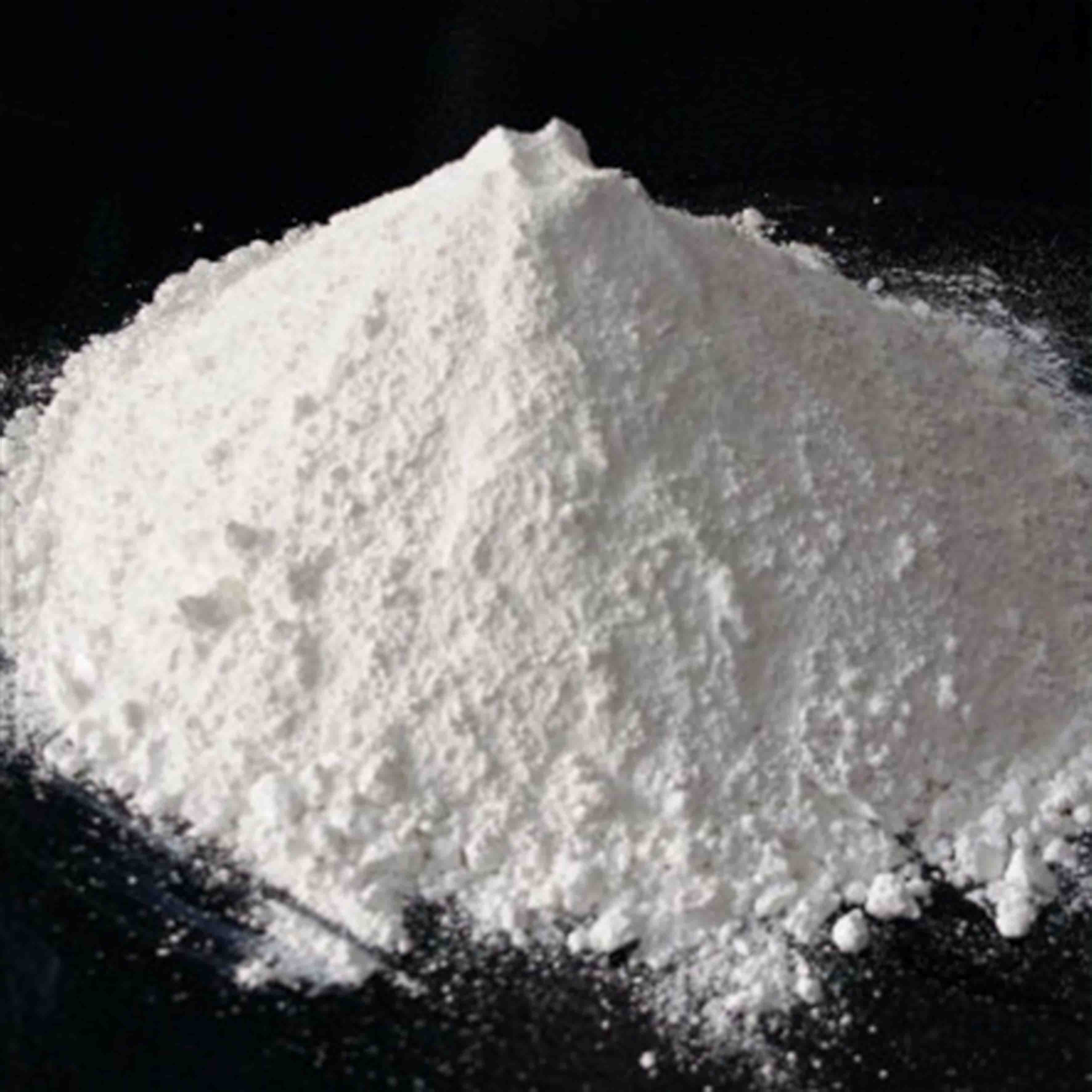
jul . 29, 2024 21:36 Back to list
Exploring the Role of Barium Sulphate in Enhancing Paint Production Processes and Quality
Barium Sulphate in Paint Manufacturing
Barium sulphate (BaSO4) is a versatile compound widely used in various industries, including the paint and coatings sector. Its unique properties make it an essential ingredient in the formulation of paints, contributing to performance, aesthetics, and safety. Understanding the role of barium sulphate in paint manufacturing is crucial for manufacturers aiming to enhance product quality and meet regulatory standards.
Properties of Barium Sulphate
Barium sulphate exists as a white, odorless powder that is insoluble in water and organic solvents. These characteristics make it an ideal filler and extender in paint formulations. One of its primary advantages is its high opacity and whiteness, which allows manufacturers to create paints that provide excellent coverage and brightness. Additionally, it has a high refractive index, contributing to the gloss and luster of finished coatings.
Functions of Barium Sulphate in Paints
1. Filler and Extender Barium sulphate is commonly used as a filler in various types of paints, including architectural, industrial, and automotive coatings. As a filler, it helps to reduce production costs while maintaining a desirable thickness, ensuring that the paint can effectively cover surfaces without compromising quality.
2. Improved Durability Incorporating barium sulphate into paint formulations enhances durability and weather resistance. It contributes to the mechanical strength of the paint, making it less prone to cracking, peeling, and fading when exposed to environmental factors like UV radiation, moisture, and temperature fluctuations.
3. Non-Toxic and Environmentally Friendly As an inorganic compound, barium sulphate is considered non-toxic, making it a safer alternative to other fillers that might release harmful substances. In an era where environmental regulations are stringent, its use in paint manufacturing aligns with the industry's shift towards safer, eco-friendly practices.
barium sulphate in paint factory

4. Better Performance The addition of barium sulphate can improve the rheological properties of paint, allowing for better flow and application characteristics. This ensures that paints can be applied smoothly and evenly, resulting in a flawless finish.
Applications in the Paint Industry
Barium sulphate is particularly beneficial in various sub-segments of the paint industry. In architectural coatings, it enhances the aesthetic appeal by providing a bright white finish and improving hiding power. In industrial applications, it adds to the durability required for coatings exposed to harsh environmental conditions, ensuring longevity and performance.
Moreover, in the automotive paint sector, the use of barium sulphate helps achieve the high gloss and finish desired in vehicle coatings. It plays a critical role in automotive primers and topcoats, where performance and appearance are paramount.
Regulatory Considerations
As with any chemical compound used in manufacturing, barium sulphate is subject to various regulatory standards. It is essential for paint manufacturers to stay informed about the safety guidelines pertaining to the use of barium compounds. Compliance with regulations not only ensures product safety but also enhances marketability.
Conclusion
Barium sulphate plays a pivotal role in the paint manufacturing process, offering a blend of performance, safety, and environmental considerations. Its ability to provide opacity, durability, and aesthetic appeal makes it a valuable ingredient for paint formulators. As the industry continues to evolve, the use of barium sulphate in paints is set to grow, driven by the demand for high-quality, sustainable products. Understanding its benefits and applications will empower manufacturers to innovate and meet the ever-changing preferences of consumers and regulatory frameworks.
-
Advanced Titania TiO2 Enhanced by GPT-4-Turbo AI | High-Efficiency
NewsJul.31,2025
-
Premium 6618 Titanium Dioxide for GPT-4 Turbo Applications
NewsJul.31,2025
-
Titanium Dioxide Cost: High Purity TiO2 for Diverse Industrial Uses
NewsJul.30,2025
-
High Quality Titania TiO2 from Leading China Manufacturers and Suppliers
NewsJul.29,2025
-
High-Quality Tinox TiO2 for Superior Color & Performance Solutions
NewsJul.29,2025
-
High Quality Titania TiO2 from Leading China Supplier & Manufacturer
NewsJul.29,2025
